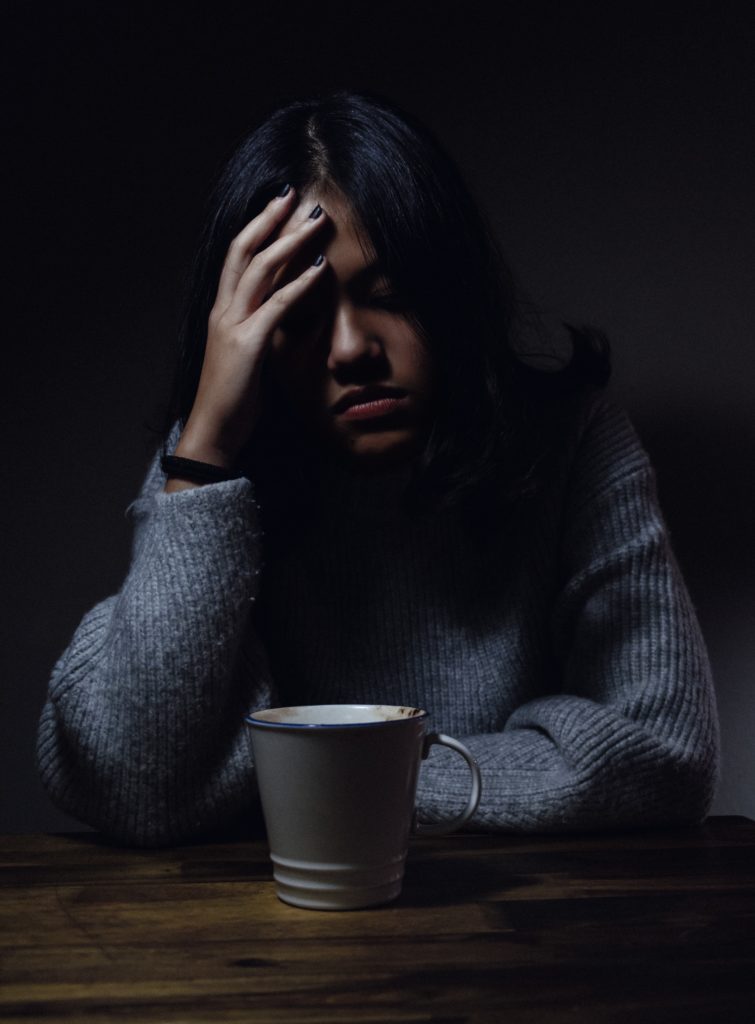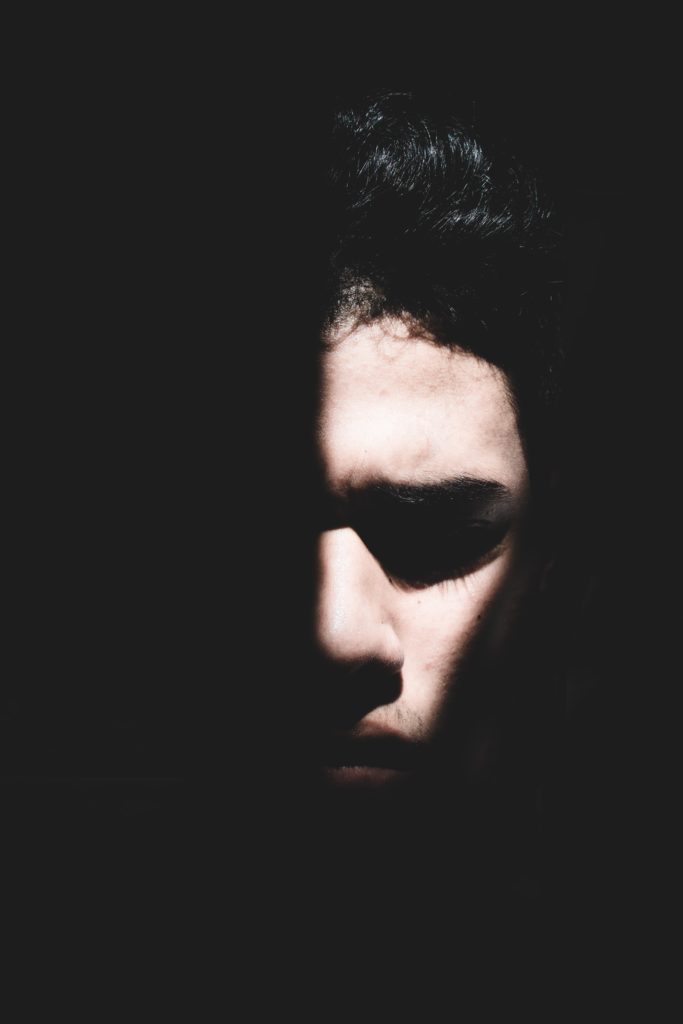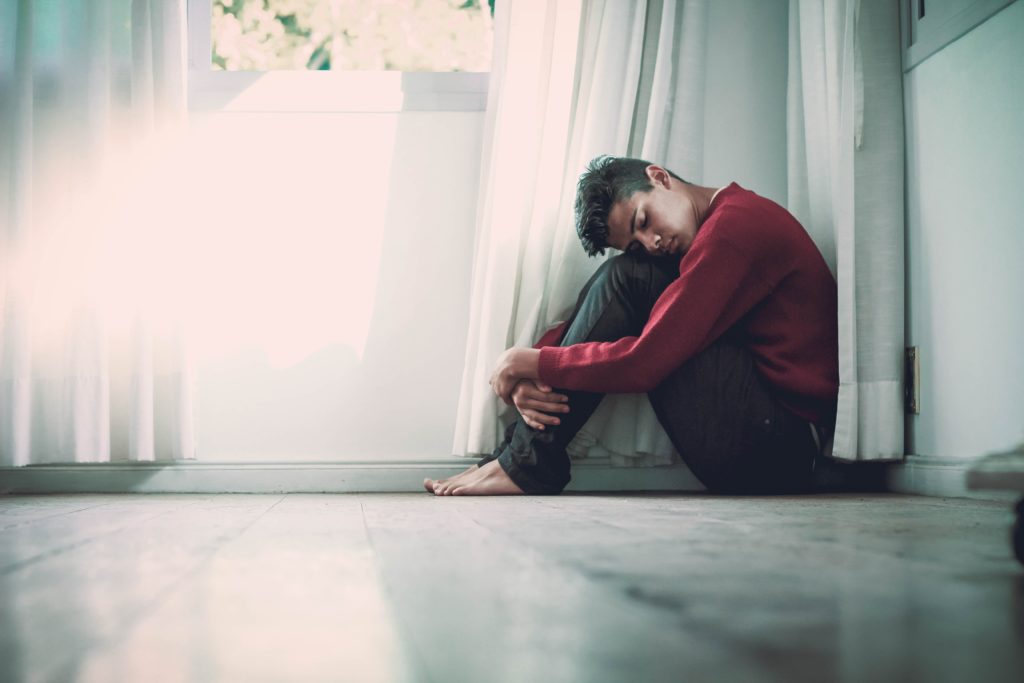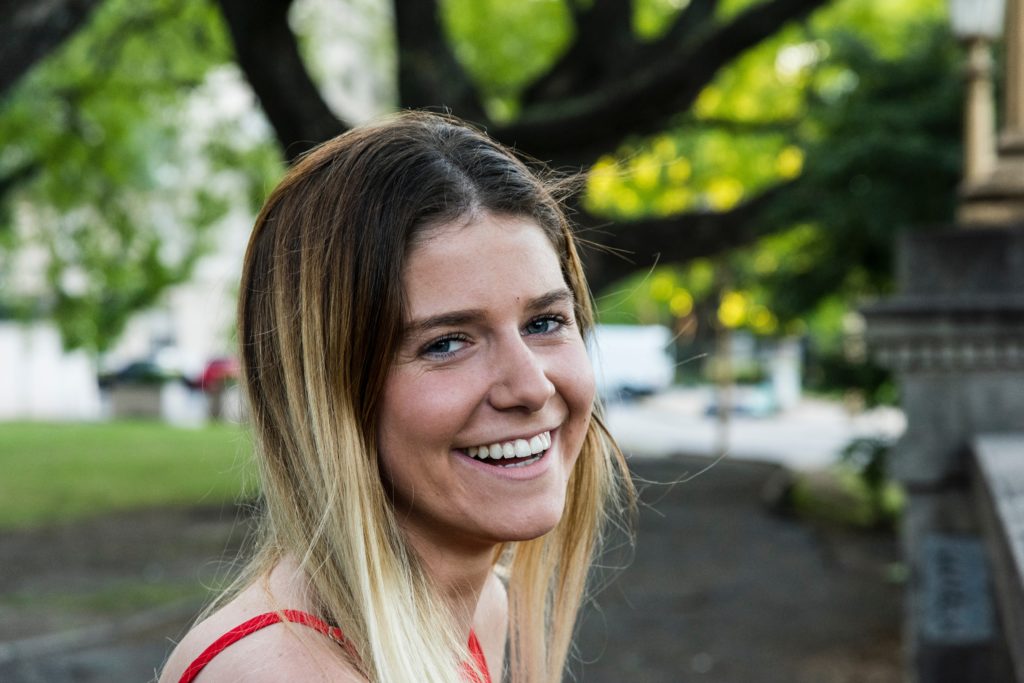Treating bipolar disorder with all its comorbid symptoms can be a delicate process.

Some people suffer tragically when all’s right with the world. The COVID-19 changes have made the last 5 months especially difficult for them. Those who suffer severely lack the medications and treatments to help them function during this period of isolation and quarantine. For example, bipolar disorder treatment for depression, anxiety, and suicidal thoughts is all the harder in crises like these.
Many people suffer with these symptoms when the world is balanced and functioning. However, during this period of crisis their difficulties torment them mercilessly.
Bipolar disorder is one of the most severe psychiatric disorders, but unfortunately it has not received the most attention for studies, breakthroughs, and relief. Not even close.
This serious disorder plays a significant role in the lives of people who live in shelters, in jail, or who commit suicide.

To take it a step further, some doctors warn that no one should still be prescribing antidepressants for bipolar disorder.
I’m not one of them—but more on that in a bit.
It’s true that depression is a terrible symptom of bipolar disorder. In most cases, it dominates many more of your days compared to mania or hypomania. And it’s vital to find a way to treat the depression while also avoiding the mania (or hypomania).
Add to that the other conditions that often run hand in hand with mood disorders. Those that accompany the depression and mania — like severe anxiety, panic disorder, and OCD. Anxiety can appear as a cluster of conditions that vary in severity, with flares that occur willy-nilly. Boy, can they exacerbate each other! And boy, can a simple straightforward medication for an anxiety disorder suddenly make your mood disorder worse. And vice versa.
If you or someone you care about has bipolar disorder, you know what I mean. The meds that are supposed to help can be hellish.
Then, there’s another point to be aware of…

Bipolar Disorder Treatment for Depression, Anxiety, and Suicidal Thoughts …is Tricky
An article in Psychiatric Times recommended we use evidence-based medications like lithium, quetiapine, lamotrigine, lurasidone, and cariprazine, and avoid antidepressants in people with bipolar disorder. And they have reasons for that.
Those are excellent medicines. But what about when a patient doesn’t respond to any of them?
But people are individuals. And we design and personalize the treatment for each individual.
For instance, when we find that patients with bipolar disorder also have severe anxiety disorders (panic disorder, OCD), the anxiety can be hard to address with therapy alone or occasional medications. Sometimes it’s just so bad that it needs to STOP. We can sometimes control these it best with a concurrent SRI — the current updated term for SSRI — to suppress panic attacks or OCD.
Why do that? Because some people with frequent unpredictable panic attacks just can’t function very well. Some people with OCD are tortured by it.
Give them an SRI and it could go a long way towards suppressing all of that. But then … their mood can really go haywire. Rapid cycling can occur — and everything can spiral out of control.
There is no one-size-fits-all for psychiatric treatment. Especially if you have bipolar disorder. And its friends. Anxiety? Agitation? Hyped-up energy? Frustration? Each symptom must be teased apart and treated carefully, without upsetting the other symptoms. Without upsetting the rest of your life.
Because the fact is, bipolar depression can be severe, unrelenting, and life-threatening. To expect someone with severe bipolar disorder to muscle through bipolar depression along with panic attacks, anxiety, OCD, being untreated, too, is cruel. While you’re waiting for the proposed mood stabilizing medicines to relieve the plethora of symptoms you suffer…when it never happens, it can feel pretty desperate. You can feel pretty hopeless.
People who suffer from bipolar disorder live at risk for ending their own lives. Their frustration with unrelenting symptoms, their shame over behaviors when their mania –or hypomania– is not controlled, and their impulsiveness during mixed states make effective treatment so important.
The stakes are high.
Sometimes an SRI can ease the panic attacks…or the OCD… without actually relieving the depression.

And yet, what’s the alternative?
For some patients, these medicines can help prevent hypomania or mania, and in some they also stabilize depression, too. But when they don’t help the depressive symptoms, something more really does need to be done. Pretty quickly.
Ketamine Treatment Can Help with Bipolar Depression
And ketamine treatment can relieve bipolar depression pretty quickly. It helps many patients whose depressive symptoms aren’t relieved by these mood stabilizing medicines or SRIs. But we use it carefully. Because ketamine infusions occasionally induce hypomania.
At Innovative Psychiatry, we see people with bipolar disorder improve dramatically from ketamine treatment’s extraordinary antidepressant effects on their bipolar depression. By bringing relief with this treatment to the dangerous and overwhelming threat this condition causes, and by reversing the suicidal thoughts that can accompany it, mood stabilization can become easier.

Bipolar disorder is not a walk in the park, but effective treatments and personalized, innovative psychiatric care can bring you joy, peace, and a rewarding life.
It’s what we do. It’s what we live for.
We invite your healthcare team to work together with us to get you back to your best self. Please feel free to have them call.
If you suffer from bipolar depression, call us.
You actually can live very well with the right treatment for you.
We’re here to help.

To the restoration of your best self,
